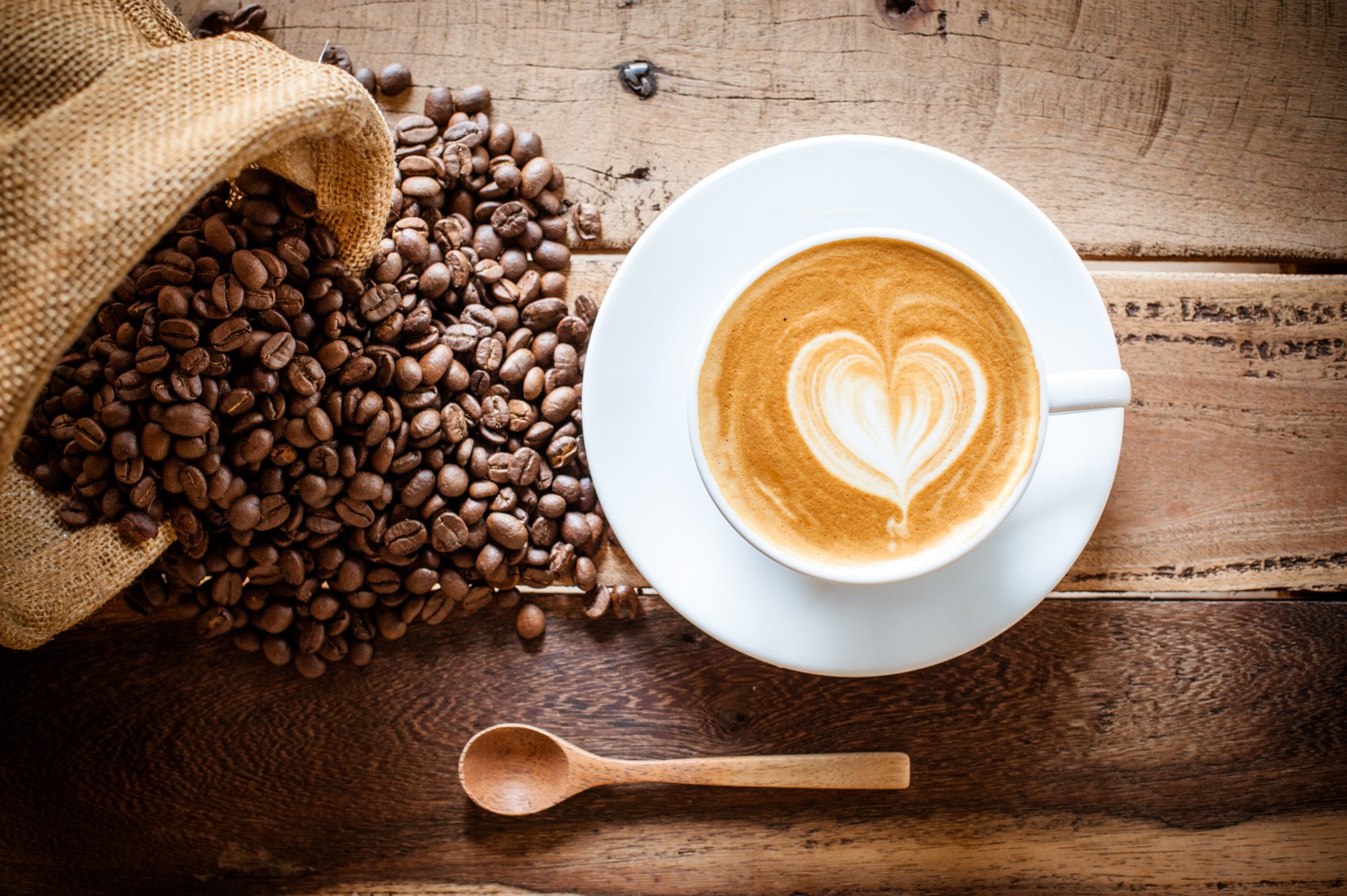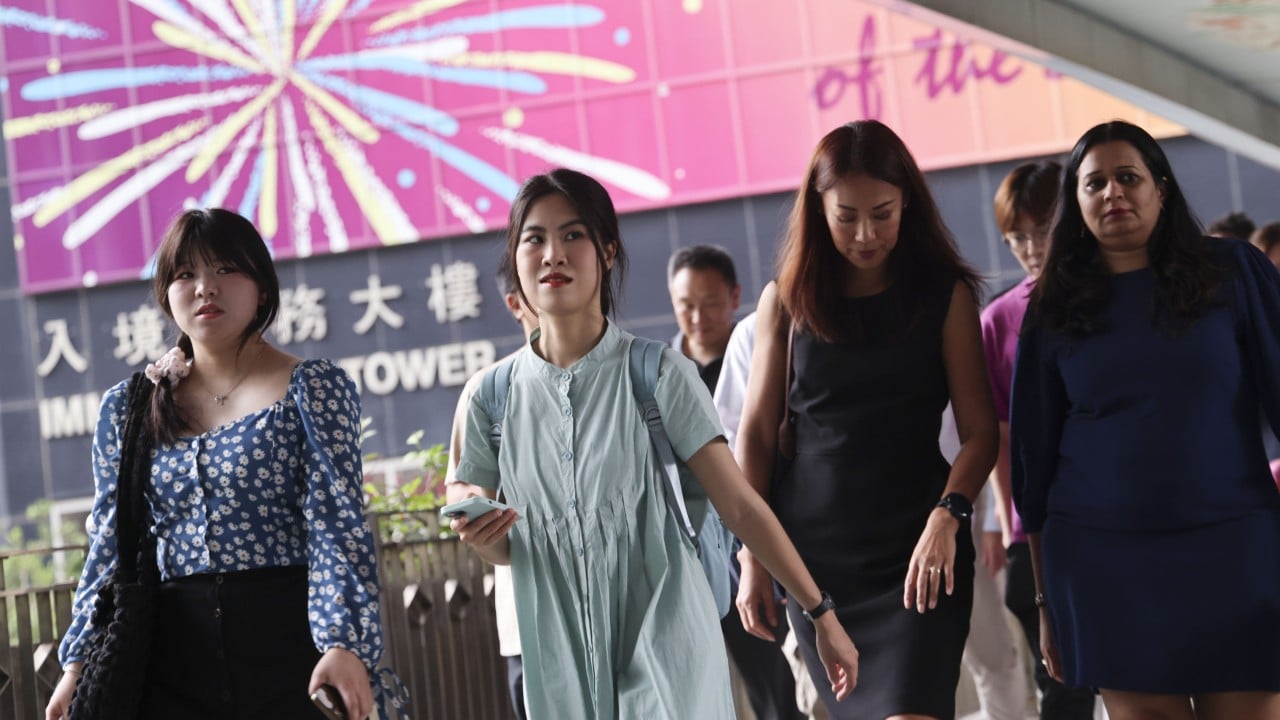One in six Hong Kong women of reproductive age suffer from iron deficiency, a study by the city’s health authorities has found, with experts warning that drinking coffee or tea during mealtimes could affect the absorption of the chemical element.
The Department of Health on Tuesday revealed the findings from the Population Health Survey, which showed that 17.5 per cent of female respondents in Hong Kong between 15 and 49 years old suffered from iron deficiency.
The survey found that around one in 10 women in that age group also suffered from iron deficiency anaemia (IDA), a condition in which individuals had both iron deficiency and anaemia, which is a lack of red blood cells.
The study defined iron deficiency as having less than 15 micrograms of serum ferritin, a protein storing iron, in every litre of blood.
“Women of reproductive age have a higher risk of iron loss during menstruation and hence a higher daily requirement for iron,” said Fherina Lam Mo-kan, senior medical and health officer at the Department of Health.
Lam said a prolonged lack of iron might lead to IDA, causing fatigue and reduced exercise tolerance, affecting cognitive function in children.
“IDA in early pregnancy is associated with increased risks of preterm labour, low birthweight in newborns and higher infant mortality.”
The citywide survey conducted by the department between 2020 and 2022 examined the blood of 2,072 respondents.
Overall, 5.7 per cent of respondents showed iron deficiency, which the World Health Organization classifies as a public health problem of mild magnitude.
The department noted a “remarkable difference” where only 0.7 per cent of men surveyed lacked iron, while the prevalence was 10.2 per cent for all female respondents and relatively higher in menstruating women.
Rita Ho Ka-wai, head of the non-communicable disease branch at the department, said this was the first large-scale study of residents’ iron levels in Hong Kong after studies from other developed economies such as Canada, Britain and the United States showed similar levels of iron deficiency in their female population.
In South Korea, 31.4 per cent of female respondents between 15 and 49 years old suffered from iron deficiency, while the figure is 20.4 per cent for women aged between 19 and 50 in Canada.
Amanda Tjong Yung-man, a dietitian with the department, said women of reproductive age should consume 18 grams of iron every day, with pregnant women requiring higher levels.

Tjong said women should avoid drinking tea or coffee within one or two hours of eating their meals.
“Polyphenol, a substance found in both tea and coffee, can reduce the absorption of iron,” she said. “Plain water or water with lemon is a better choice as a beverage.”
She recommended adding more iron-rich foods such as meat, leafy greens, nuts and beans to daily meals.
“Women should eat moderate amounts of animal protein such as pork, beef, chicken, fish and seafood as the heme iron found in meat is more easily absorbed by the body,” she said.
However, health experts also warned against consuming too many iron supplements as it could cause side effects.
Ho said the overconsumption of iron supplements could cause side effects such as constipation and dizziness.
“I do not recommend taking long-term iron supplements as eating more iron-rich foods and maintaining a balanced diet is already sufficient.”


